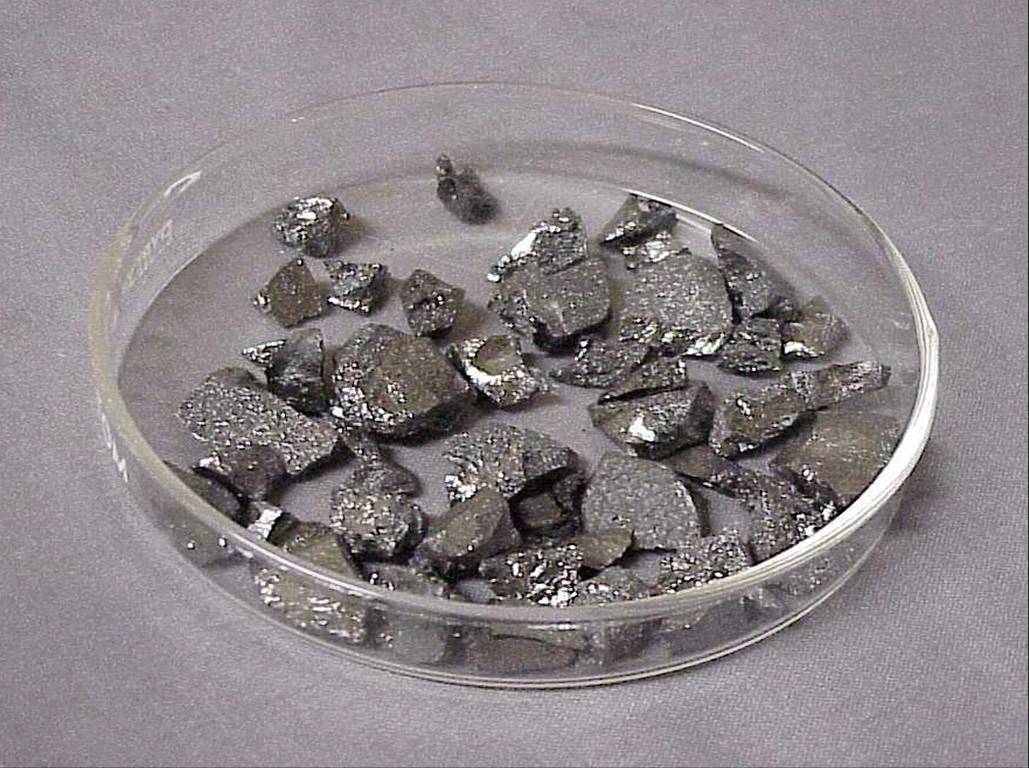Boron the chemical element
Boron a discovery that would change the world of chemistry

Boron in the Chemical Elements Table:
Locating boron on the periodic table reveals its unique characteristics. Positioned as the fifth element in Group 13, boron stands alongside aluminum, gallium, indium, and thallium. Its placement reflects both its metallic and non-metallic properties, blurring the traditional boundaries between these elemental categories.
With an atomic number of 5, boron features five electrons arranged in two energy levels. Its compact structure and low atomic weight contribute to its distinct properties. Despite its relatively small presence in Earth's crust, boron's impact resonates widely, showcasing the significance of this unassuming yet remarkable element in the chemical symphony of our world.

Versatile Element:
Boron, a remarkable element with only five electrons, stands as a versatile building block in the chemical world. Its compounds range from the familiar borax, used in cleaning, to the cutting-edge boron nitride, a high-tech material with exceptional heat resistance and lubricating properties.
Structural Support:
In the realm of materials, boron showcases its magic in borosilicate glass, adding strength and durability. This glass, known for its use in laboratory equipment and cookware, owes its robustness to the incorporation of boron, offering a clear demonstration of the element's structural prowess.
Agricultural Ally:
Boron plays a vital role in agriculture, acting as a micronutrient essential for the growth and development of plants. From flowering to fruiting, boron ensures proper cell division and sugar transport, contributing significantly to crop yield and quality.
Tech Marvel:
Boron is an extremely valuable mineral and it is used in many products from cookware and medicine to nuclear waste storage and space exploration. Boron compounds are mainly used in borosilicate glass products, but are also used in agriculture, in fire retardants, and in soaps and detergents.
As technology advances, boron finds itself at the heart of innovation. It contributes to neodymium magnets, crucial components in modern technology, enabling the miniaturization of electronic devices. Additionally, boron's presence in advanced ceramics enhances their strength and durability, finding applications in aerospace, electronics, and other high-tech industries.
















































![[The Zero-Capital Masterclass] How AI & DePIN are Hacking the 2026 Airdrop Meta 🚀](https://cdn.bulbapp.io/frontend/images/de133e2f-b217-409c-a74b-c3428e2a7e40/1)











